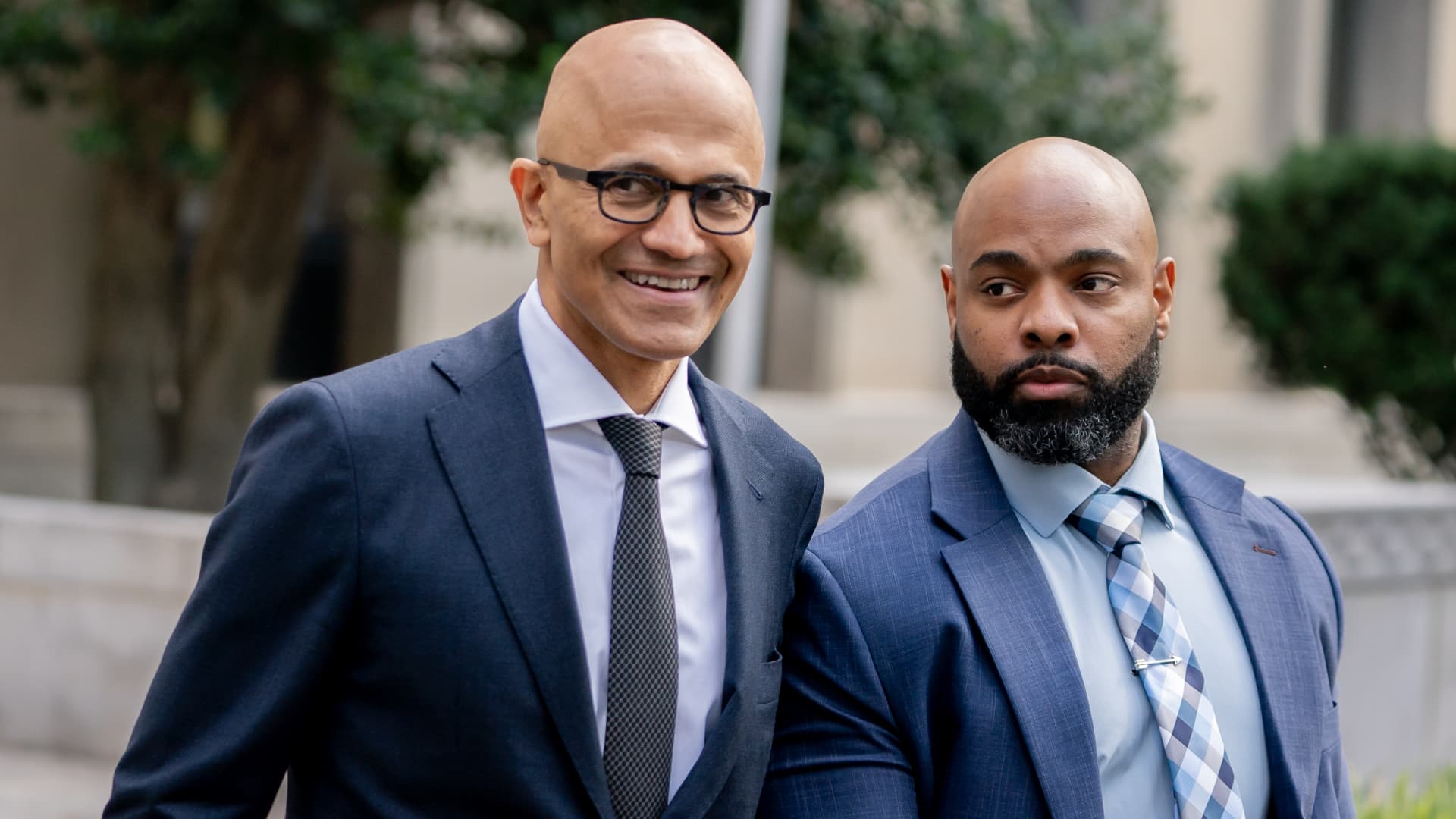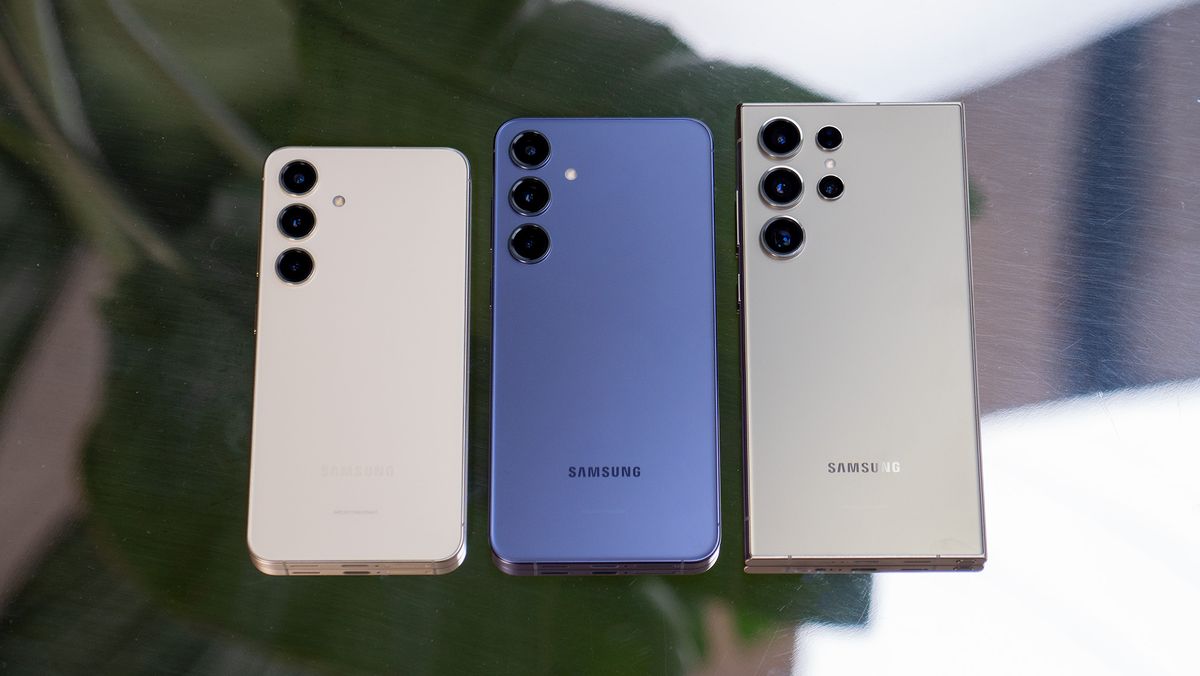In the high-stakes cloud-computing battle, Microsoft is outpacing its top rivals.
Third-quarter results are in for most mega-cap tech companies after a big week for tech earnings. On the cloud side, Microsoft reported growth of 29% at Azure. That’s faster than Google Cloud’s 22% growth and more than double the pace of expansion at Amazon Web Services, which reported 12% growth.
While AWS still leads the pack in terms of overall market share, one reason Microsoft may be picking up business is that companies want to run their artificial intelligence models on Azure. Microsoft already provides the underlying computing power for the popular ChatGPT chatbot and other products from OpenAI, which it has funded since 2019.
“Given our leadership position, we are seeing complete new project starts, which are AI projects,” Microsoft CEO Satya Nadella told analysts on a Tuesday conference call. “As you know, AI projects are not just about AI meters. They have lots of other cloud meters as well.”
Around 3 percentage points of Azure’s growth was tied to AI, higher than the 2 points management had forecast. The growth rate accelerated from 26% in the prior quarter, while Google decelerated from about 28%. AWS was in line with second-quarter growth.
Bernstein Research analysts led by Mark Moerdler said Wednesday in a note to clients that they viewed Microsoft’s results as a sign the software maker “has taken the AI mantel from Google, and that Azure could become a bigger and more important hyperscale provider than AWS.” They noted the significance of Microsoft’s capital expenditures rising to $11.2 billion from $10.7 billion in the prior quarter.
Microsoft may be growing faster than its chief competitors, but they’re all emphasizing the importance of AI.
“Today more than half of all funded generative AI startups are Google cloud customers,” Alphabet CEO Sundar Pichai said on the company’s earnings call Tuesday.
Andy Jassy, Amazon’s CEO and formerly the head of AWS, told analysts that the company has “been surprised at the pace of growth in generative AI,” which can take a few words of human input and spit out synthetic blog posts, advertising copy or email messages.
“Our generative AI business is growing very, very quickly,” Jassy said. “Almost by any measure, it’s a pretty significant business for us already.”
Jassy said companies including Adidas, Booking.com, Merck and United Airlines are building generative AI apps in AWS.
Still, Amazon was behind Microsoft in releasing a tool for deploying generative AI. Amazon’s Bedrock service became available in September, while the Azure OpenAI Service opened to the public in January.
The new challenger in cloud computing is Oracle, which reported 66% growth in the August quarter, citing business from Maersk, Skanska and Starbucks. In the prior quarter, Oracle’s business rose 76%.
The cloud giants are still dealing with cost-saving initiatives from clients, which they call optimization, a trend that started last year as inflation soared and companies had to adjust to economic uncertainties.
Some form of the word optimize was used more than 20 times on Amazon’s earnings call Thursday. The rate of cloud cost optimizations has been slowing, Brian Olsavsky, Amazon’s finance chief, said on Thursday’s call.
WATCH: Microsoft is in a stronger position in taking share against Amazon, says Jefferies’ Brent Thill





















Discussion about this post